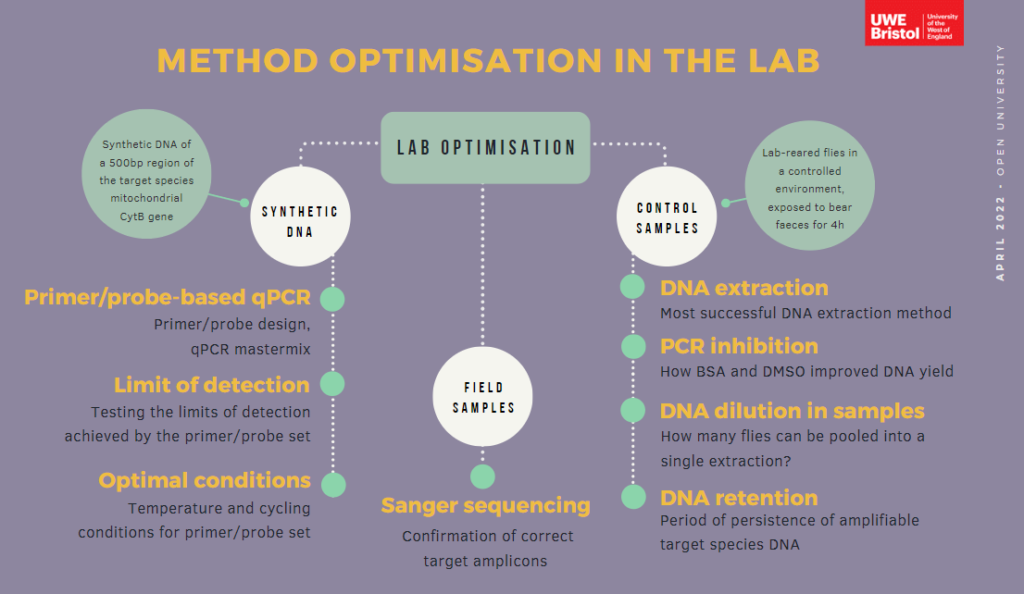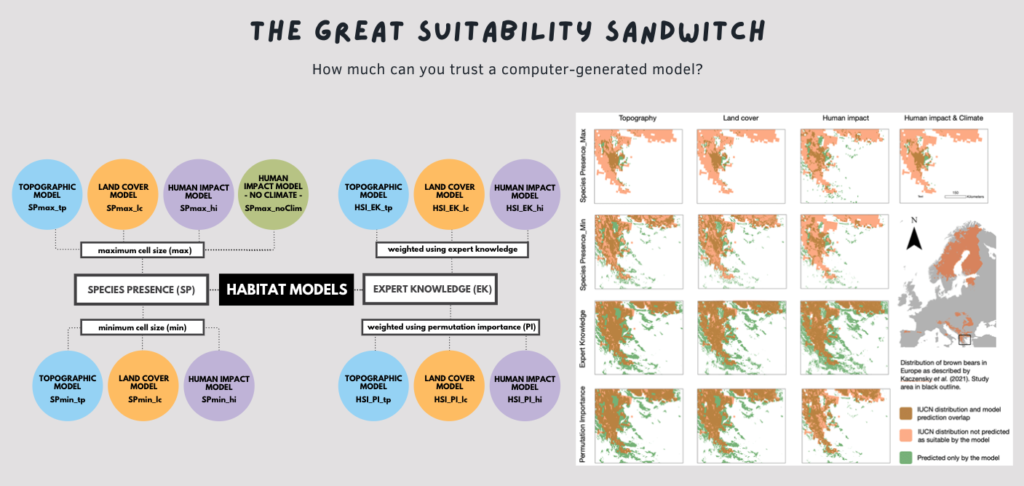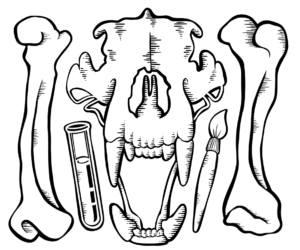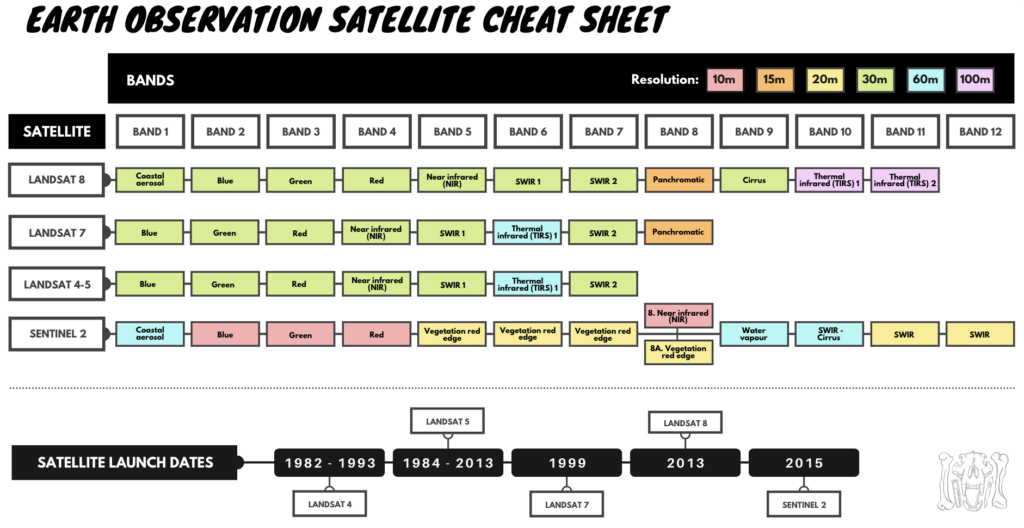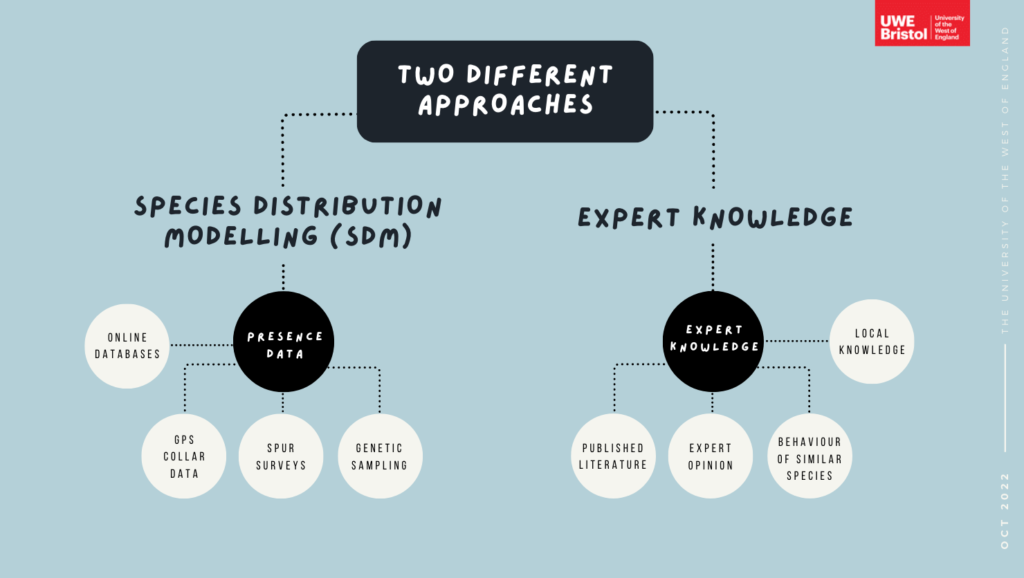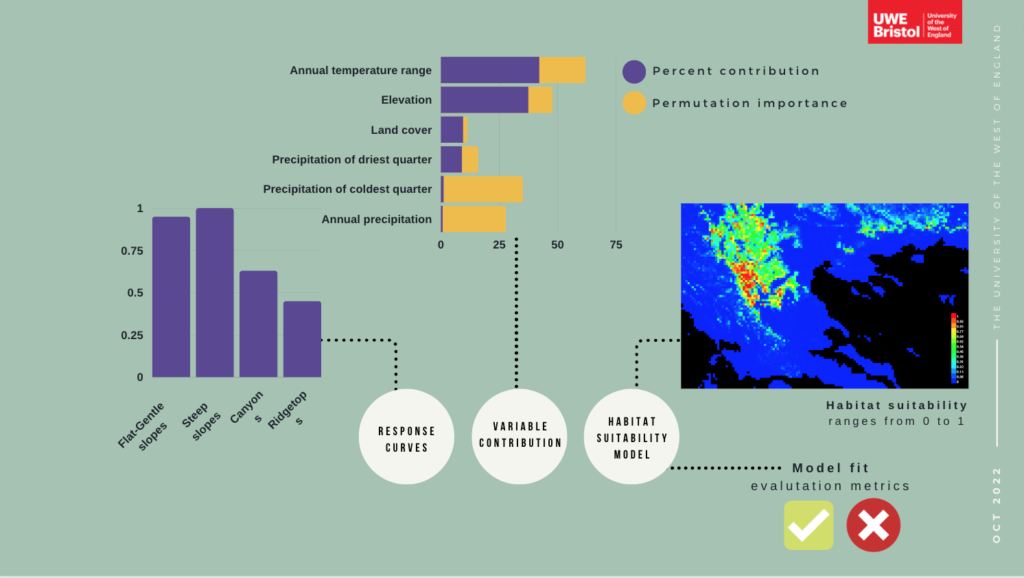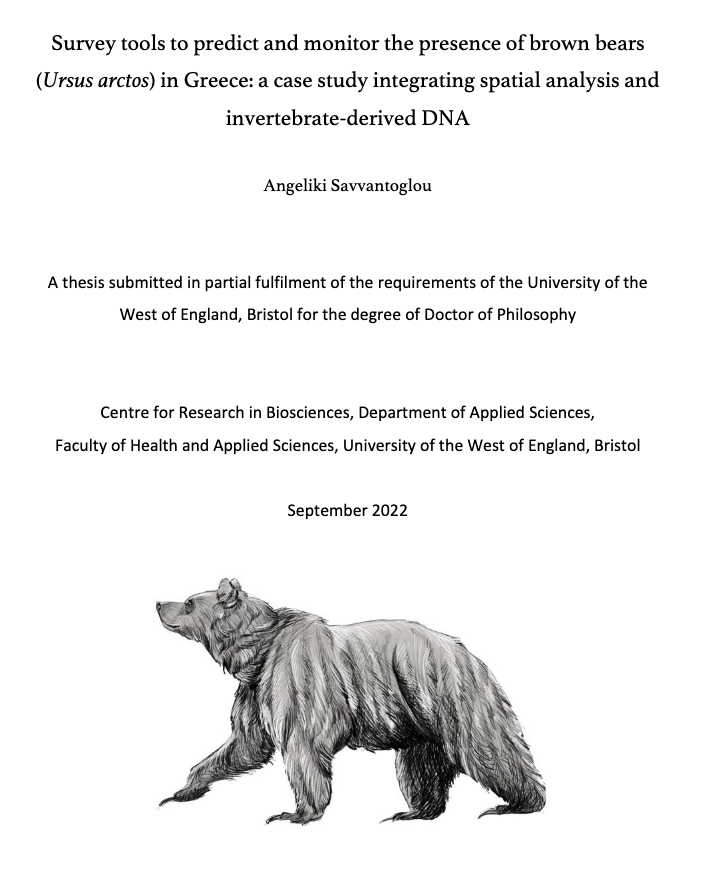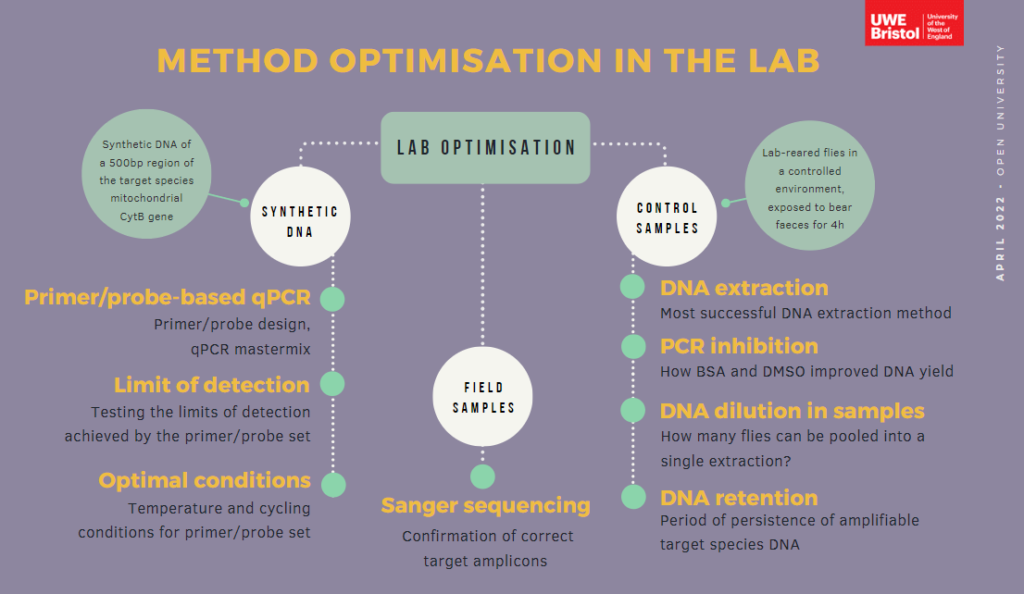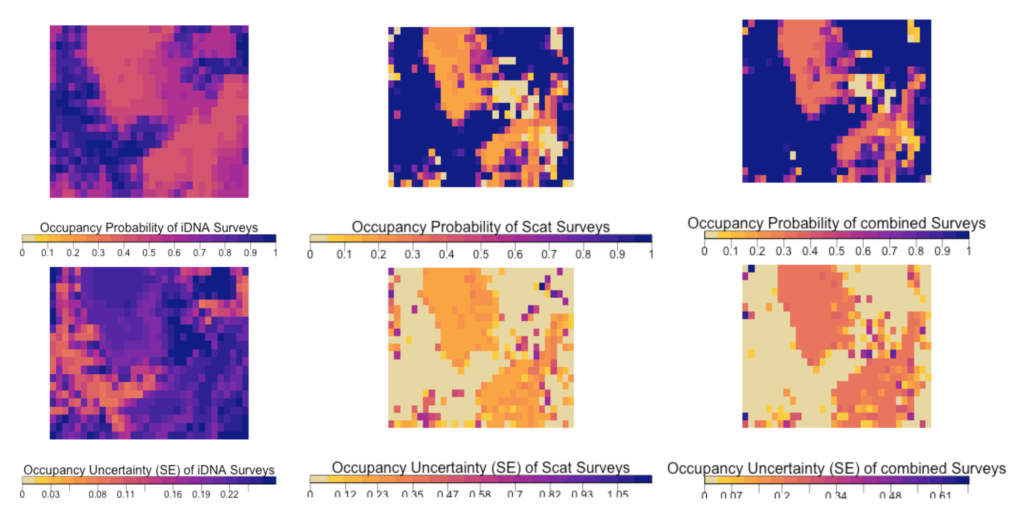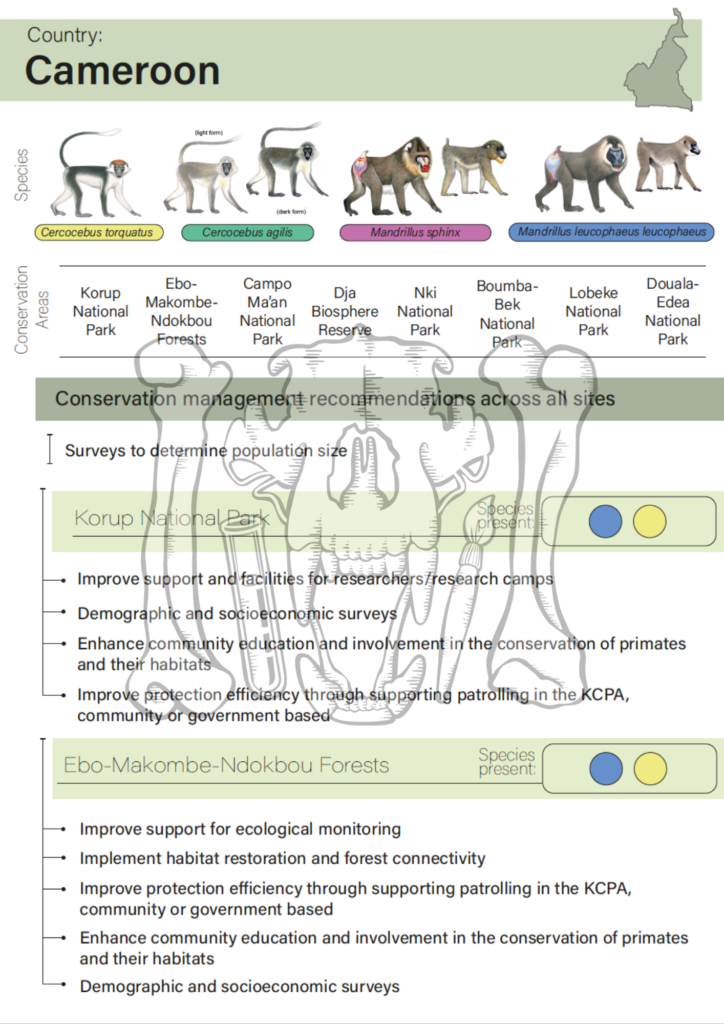
Bear Bones organises and facilitates research expeditions, field research projects and seasonal surveys in the Mt. Voras region, North Greece. Bear Bones is a part of a small local cooperative, The Children’s Orchard, a collection of traditional crafts workshops, with a small local youth centre at its heart. When you join our projects, we welcome you to the mountain, our research, our workshops and the youth centre.
Summer internships, student placements, dissertation data collection, and research projects are all welcome. You will be working alongside Dr Angeliki Savvantoglou from Bear Bones, as the local guide and supervisor. Bear Bones and the Children’s Orchard Cooperative can facilitate research projects around ecology, wildlife conservation, environmental science and citizen science, but we are open to hear your ideas. We would love for you to run a project you are very passionate about and use your free time to rest, research or join our workshops and help the youth centre while learning some new skills.
We have worked hard to ensure that these experiences are affordable for you, have a minimum impact to the environment and habitats, and contribute to the local community and economy.
We are looking forward to introducing you to our village and the beautiful landscape of Mt. Voras. Get in touch if you want to meet the bears and all their poop – or if your interests are different to mine but you have a project in mind!
Undergraduate Research Expedition, 2022
Birdwatching and sampling the water in lake Petron.
Undergraduate Research Expedition, 2022
Brown bear tracking surveys in Mt. Voras
Undergraduate Research Expedition, 2022
Kayak wetland surveys
Undergraduate Research Expedition, 2022
Yellow-spotted salamander surveys in Mt. Voras
Undergraduate Research Expedition, 2022
Large carnivore conservation field talk, and tracks and signs survey, lead by Dr Yorgos Mertzanis and Maria Petridou
Undergraduate research expedition, University of the west of england, 2022
This was a residential university field expedition, organised by myself and other staff at the University of the West of England in collaboration with the Children’s Orchard Cooperative in the village of Panagitsa. The Children’s Orchard hosted the group of students, who camped at the youth centre field and were catered for by the Children’s Orchard Little Kitchen. The expedition included small mammal surveys, camera trapping, bird surveys, water quality monitoring, eDNA sampling, mammal tracks and signs surveys, talks by local NGOs, amphibian surveys, and many other activities, detailed in the report by the expedition leader, Dr Mark Steer.
Undergraduate Research Expedition, 2022
Brown bear Footage from our student camera traps in Mt. Voras
Undergraduate Research Expedition, 2022
Night surveys with UV light
Undergraduate Research Expedition, 2022
Kayak wetland surveys
Undergraduate Research Expedition, 2022
Yellow-spotted salamander surveys in Mt. Voras
Undergraduate Research Expedition, 2022
Handling a tortoise during a reptile survey at the basecamp
Undergraduate Research Expedition, 2022
Footage from our student camera traps in Mt. Voras
My role as GIS Instructor at the University of the West of England involved the research and development of GIS courses and materials for higher education. I created a teaching material to break down complex information into simple diagrams – I wanted to give my students what I wish I had when I was studying.
Below: Habitat modelling outputs from my PhD research – not all maps are pretty – some look like your grandma’s doily patterns.

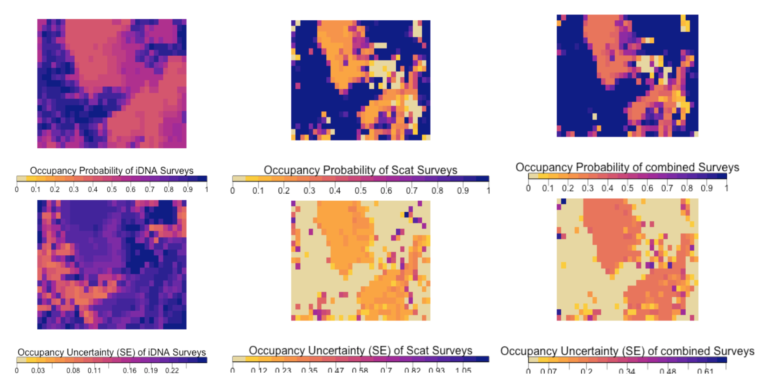
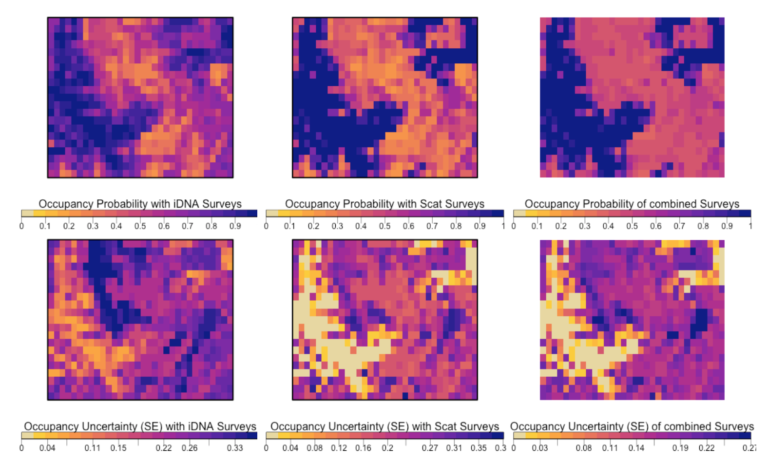


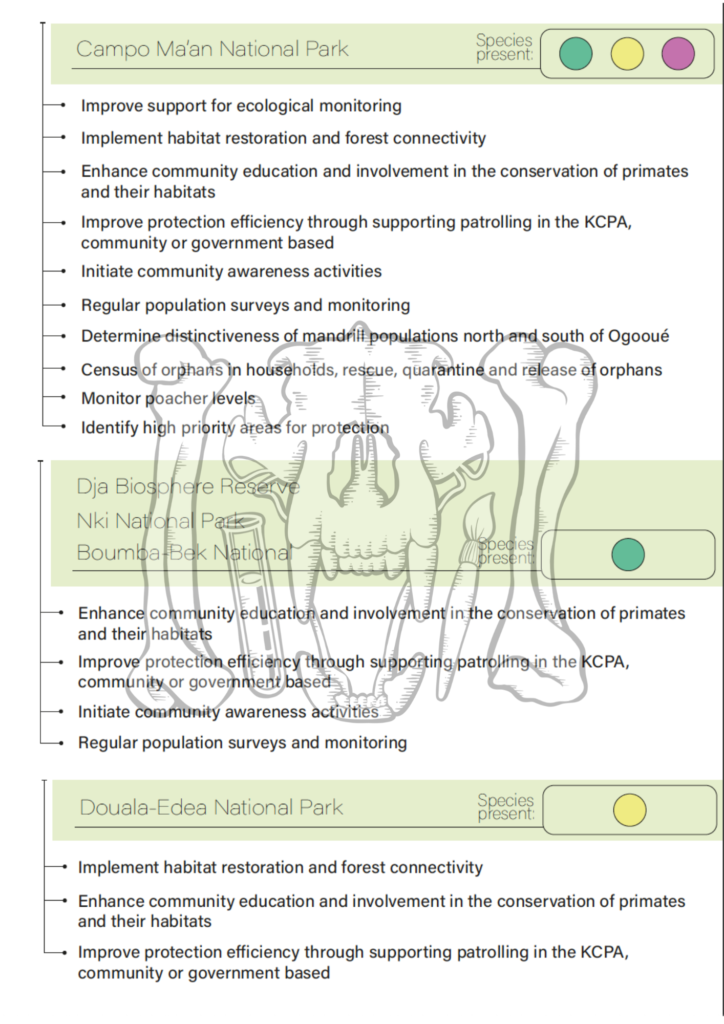
Above: Commission of distribution maps for primate species for an IUCN Action Plan, following IUCN mapping standards. Additionally, I worked with the team to design and put together stand-alone sheets with the most important information per country, to use when they visit local management bodies. The report is currently in review (watermarked here).
On my PhD, I explored alternative monitoring techniques with a focus on low-cost and time-efficient surveys for rare animals and in wildlife corridors. I used habitat suitability modelling techniques and genetic monitoring to understand the distribution of brown bears across a known wildlife corridor in north Greece.
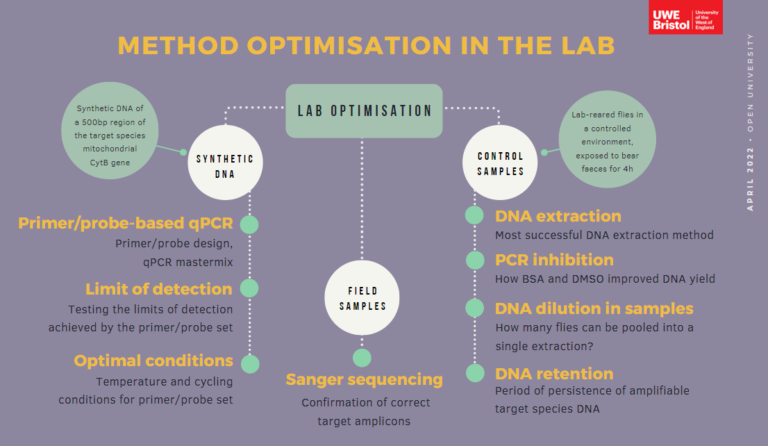


The reality of academic research is that is often remains in academic publications. I believe that it is the responsibility of every scientist to create accessible material and communicate their work.
My passion for scientific illustration and infographics started from my thirst to talk about my research. And I found that people really appreciate my love for bears (and all their poop!) and humorous and simple way I have to communicate science.
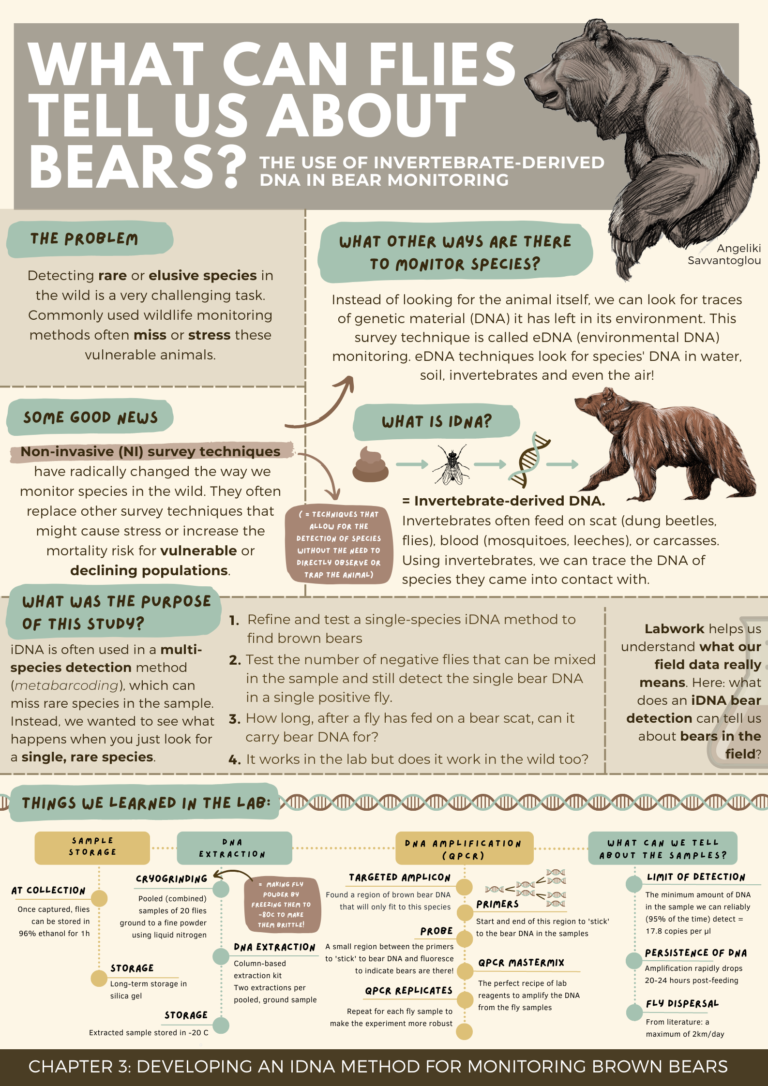
I have given talks and lectures on university staff, students, international conferences and public talks on a variety of topics, including habitat suitability modelling, genetic monitoring (with a special focus on environmental DNA techniques), MaxEnt modelling, Occupancy modelling, R spatial analysis, GIS tutorials and field expedition preparation. An example of my lecture material is found below.
Available for online lectures and private/group GIS tutorials.

Bear Bones organises and facilitates research expeditions, field research projects and seasonal surveys in the Mt. Voras region, North Greece. Bear Bones is a part of a small local cooperative, The Children’s Orchard, a collection of traditional crafts workshops, with a small local youth centre at its heart. When you join our projects, we welcome you to the mountain, our research, our workshops and the youth centre.
Summer internships, student placements, dissertation data collection, and research projects are all welcome. You will be working alongside Dr Angeliki Savvantoglou from Bear Bones, as the local guide and supervisor. Bear Bones and the Children’s Orchard Cooperative can facilitate research projects around ecology, wildlife conservation, environmental science and citizen science, but we are open to hear your ideas. We would love for you to run a project you are very passionate about and use your free time to rest, research or join our workshops and help the youth centre while learning some new skills.
We have worked hard to ensure that these experiences are affordable for you, have a minimum impact to the environment and habitats, and contribute to the local community and economy.
We are looking forward to introducing you to our village and the beautiful landscape of Mt. Voras. Get in touch if you want to meet the bears and all their poop – or if your interests are different to mine but you have a project in mind!
Undergraduate research expedition, University of the west of england, 2022
Undergraduate Research Expedition, 2022
Birdwatching and sampling the water in lake Petron.
Undergraduate Research Expedition, 2022
Brown bear tracking surveys in Mt. Voras
Undergraduate Research Expedition, 2022
Kayak wetland surveys
Undergraduate Research Expedition, 2022
Yellow-spotted salamander surveys in Mt. Voras
Undergraduate Research Expedition, 2022
Large carnivore conservation field talk, and tracks and signs survey, lead by Dr Yorgos Mertzanis and Maria Petridou
This was a residential university field expedition, organised by myself and other staff at the University of the West of England in collaboration with the Children’s Orchard Cooperative in the village of Panagitsa. The Children’s Orchard hosted the group of students, who camped at the youth centre field and were catered for by the Children’s Orchard Little Kitchen. The expedition included small mammal surveys, camera trapping, bird surveys, water quality monitoring, eDNA sampling, mammal tracks and signs surveys, talks by local NGOs, amphibian surveys, and many other activities, detailed in the report by the expedition leader, Dr Mark Steer.
Undergraduate Research Expedition, 2022
Brown bear footage from our student camera traps in Mt. Voras
Undergraduate Research Expedition, 2022
Night surveys with UV light
Undergraduate Research Expedition, 2022
Kayak wetland surveys
Undergraduate Research Expedition, 2022
Yellow-spotted salamander surveys in Mt. Voras
Undergraduate Research Expedition, 2022
Handling a tortoise during a reptile survey at the basecamp
Undergraduate Research Expedition, 2022
Footage from our student camera traps in Mt. Voras
My role as GIS Instructor at the University of the West of England involved the research and development of GIS courses and materials for higher education. I created a teaching material to break down complex information into simple diagrams – I wanted to give my students what I wish I had when I was studying.
Habitat modelling outputs from my PhD research – not all maps are pretty – some look like your grandma’s doily patterns.
Commission of distribution maps for primate species for an IUCN Action Plan, following IUCN mapping standards. Additionally, I worked with the team to design and put together stand-alone sheets with the most important information per country, to use when they visit local management bodies. The report is currently in review (watermarked here).
On my PhD, I explored alternative monitoring techniques with a focus on low-cost and time-efficient surveys for rare animals and in wildlife corridors. I used habitat suitability modelling techniques and genetic monitoring to understand the distribution of brown bears across a known wildlife corridor in north Greece.



The reality of academic research is that is often remains in academic publications. I believe that it is the responsibility of every scientist to create accessible material and communicate their work.
My passion for scientific illustration and infographics started from my thirst to talk about my research. And I found that people really appreciate my love for bears (and all their poop!) and humorous and simple way I have to communicate science.

I have given talks and lectures on university staff, students, international conferences and public talks on a variety of topics, including habitat suitability modelling, genetic monitoring (with a special focus on environmental DNA techniques), MaxEnt modelling, Occupancy modelling, R spatial analysis, GIS tutorials and field expedition preparation. An example of my lecture material is found below.
Available for online lectures and private/group GIS tutorials.
